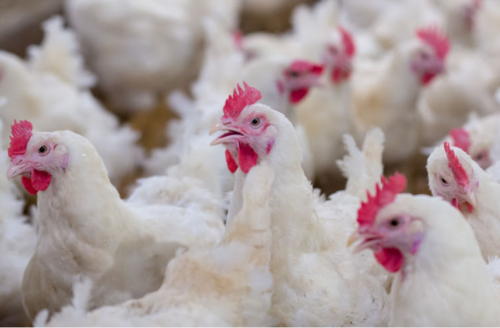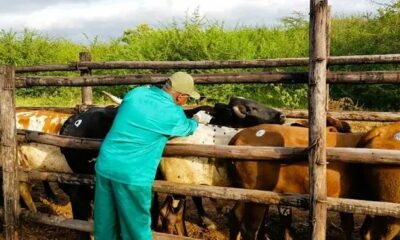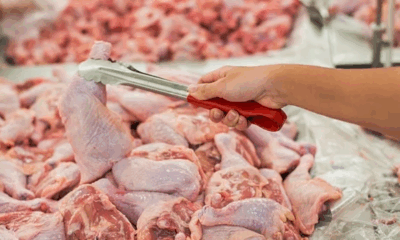Business
Chicken’s Back on the Menu: SA Lifts Ban on Brazilian Poultry Imports

Meat industry breathes a sigh of relief as import ban ends, easing pressure on food costs
There’s a palpable sense of relief in South Africa’s meat trade circles this week. After weeks of uncertainty, the Department of Agriculture has formally lifted the ban on poultry imports from Brazil, a key supplier of affordable poultry products to South African processors and consumers.
The Association of Meat Importers and Exporters (AMIE), which represents the bulk of the country’s meat importers, celebrated the move on Monday, hailing it as a critical step in restoring food supply chain stability and supporting food security.
A Swift Recovery After an Avian Flu Scare
The import ban, introduced in response to a contained outbreak of avian flu in Brazil’s southern state of Rio Grande do Sul, had created ripples across South Africa’s poultry sector. But the ban was never expected to last long. Brazil, renowned for its robust veterinary controls, declared the state free of avian flu to the World Organisation for Animal Health, prompting local authorities to review and lift the restrictions.
The directive, issued by the Directorate of Animal Health on 4 July 2025, reopened South Africa’s borders to poultry meat and products from all Brazilian states, with the exception of those produced during the specific suspension window.
Food Security Gets a Boost
AMIE CEO Imameleng Mothebe stressed the importance of Brazilian mechanically deboned meat (MDM), a crucial ingredient in many affordable processed meat products consumed by millions of South Africans.
“This resolution will help restore stability to the supply chain, ease cost pressures, and support food security for South African consumers,” she said.
With food inflation and protein prices on the rise, particularly in low-income communities, reopening the Brazilian pipeline ensures access to cost-effective poultry options. Brazil is a global leader in poultry exports, and its mechanically deboned meat plays a vital role in sausage, vienna, polony, and cold meat production in South Africa.
Importers Encouraged to Act Fast, But Carefully
With imports back on track, AMIE has advised meat traders to begin applying for updated veterinary import permits that align with the new conditions.
Mothebe applauded the clear and efficient communication from the Department of Agriculture, which she said had helped smooth out what could have been a much more disruptive period for the industry. “We look forward to continued constructive collaboration with government and trade partners,” she added.
Government Confirms Brazil’s Clean Record
Speaking on behalf of the department, Dipepeneneng Serage, deputy director-general for agricultural production and biosecurity, confirmed that the lifting of the ban followed Brazil’s formal declaration of avian flu containment and eradication.
“The outbreak was limited to one state, and Brazil has since declared its status free of avian influenza,” said Serage. That declaration, he added, was key in reassuring South African authorities that the risk had been neutralised.
Consumers Can Expect Relief, But Will It Last?
While it may take a few weeks before the full effects are felt on shelves, consumers can expect some price relief on processed meats that rely on Brazilian imports. For now, traders are eager to make up for lost time and lost tonnage, after weeks of slowed supply.
With Brazil back in the game, the poultry market in South Africa just got a bit more stable. But with global food systems still fragile and disease outbreaks a recurring threat, the industry remains on alert and deeply aware of just how vital international cooperation and swift action can be.
For now, though, South Africa’s meat importers are crowing with relief.
{Source: IOL}
Follow Joburg ETC on Facebook, Twitter , TikTok and Instagram
For more News in Johannesburg, visit joburgetc.com



























